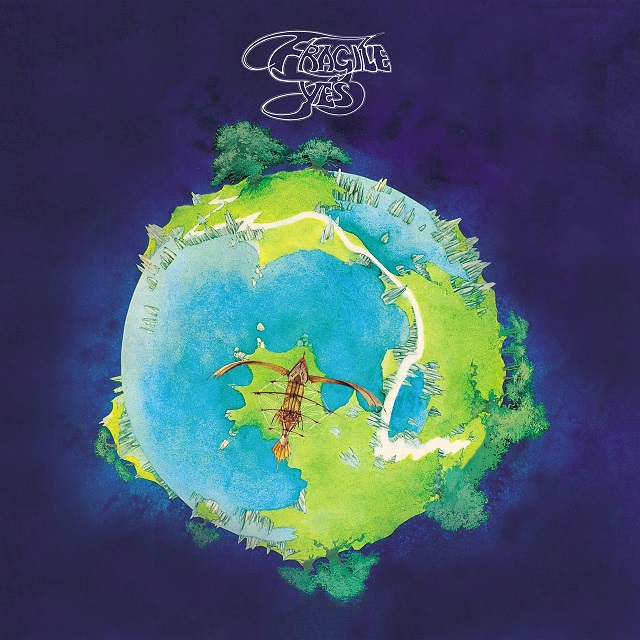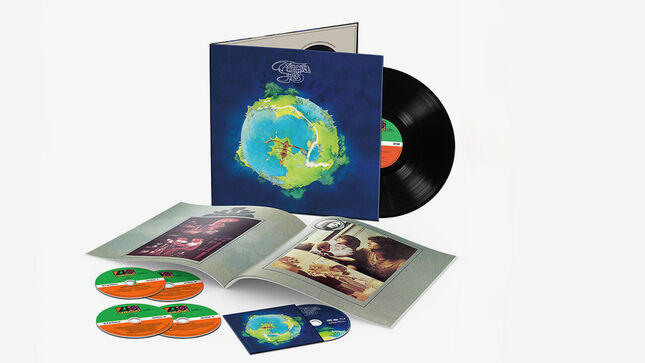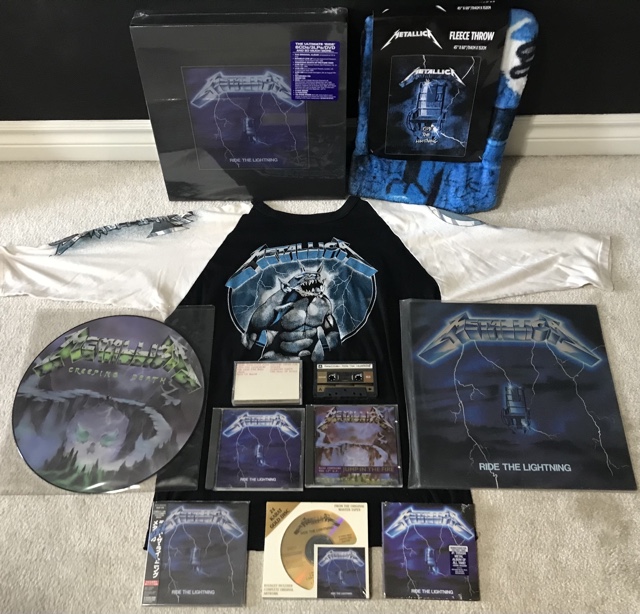
There isn’t really a ‘best’ DILLINGER ESCAPE PLAN album. Obviously you can have a favourite – perhaps the batshit frenzy of their 1999 debut Calculating Infinity, or the glorious swansong of 2016’s Dissociation, or indeed any of the outstanding efforts that came between them – but the point is it really would be hard to argue against literally any pick from such a relentlessly consistent discography. If however, there can be a ‘most definitive’ DILLINGER ESCAPE PLAN album, then surely such an honour belongs to Miss Machine.
Look, the aforementioned Calculating Infinity was seminal – there is no doubt about that. The world had never and has never heard a record quite like it and it’ll be getting its own Heavy Music History treatment in just a couple of months’ time for its 25th anniversary, but the reason its 2004 successor is up for the prize of ‘most definitive’ should be obvious enough: there are elements – and even people – on Miss Machine that would further define all THE DILLINGER ESCAPE PLAN would become known and revered for that simply weren’t present in the maniacal violence of their first LP.
While it would be untrue to suggest that there was no method to the madness of its predecessor, there was definitely a lot more of it to Miss Machine. Suddenly a band whose biggest hook up to that point had been the panic chord/chug-chug trade-offs of the iconic 43% Burnt were doing full-blown choruses and playing riffs you could actually bang your head to without the help of a calculator – not at the expense of the extremity that made them so compelling in the first place, but somehow in addition to it. If Calculating Infinity had taken more of the hack and slash approach of a deranged killer claiming their first victims, Miss Machine was that same killer five years on: still wildly unpredictable, but also more methodical, and definitely with a few more weapons in the van.
Of course, there is a fire-breathing, head-walking, stage-defiling elephant in the room here. Having parted amicably with original vocalist Dimitri Minakakis in 2001, DILLINGER’s nationwide search for a replacement led them in the October of that year to the inimitable Greg Puciato for easily the most pivotal line-up change of the many in the band’s storied history. With all due respect to Minakakis, Puciato proved significantly more versatile, capable not only of the shouts and shrieks tracks like Panasonic Youth and We Are The Storm required of him, but also of a proper croon that made the likes of Setting Fire To Sleeping Giants and Unretrofied border on once unthinkable levels of accessibility. That Puciato would remain with TDEP until their dissolution in 2017 – arguably becoming as much of the face of the band as their sole permanent member and mastermind Ben Weinman – says it all really: definitive.
Puciato’s recruitment wasn’t the only event set in motion by Minakakis’ departure that would shape Miss Machine either. While only between full-time vocalists for a few months, the band were still quick to turn to a notable early fan of theirs for help in the interim, collaborating with an obvious kindred spirit in Mike Patton for what was to become 2002’s Irony Is A Dead Scene EP. Brief though it was – Puciato had actually been in post for the best part of a year by the time Irony was released – Patton’s involvement had a lasting impact on the band, the EP itself being perhaps unsurprisingly the weirdest release in their entire discography, and crucially allowing them to develop the experimental tendencies they would dispatch a little more measuredly but no less confidently in Miss Machine’s flirtations with jazz-fusion and industrial influences and even straight-up melodic rock just two years later.
And thus Miss Machine presented a fuller picture of all that DILLINGER were and would be capable of in the years to come, their truly hair-raising violence left firmly intact even amid the finer songcraft and bolder experimentation and moments of genuine catchiness. As Aubin Paul of PunkNews wrote in one of the many glowing reviews the album received at the time: “Despite the bands [sic] reputation as progenitors of “math-core” – a reputation they could easily have rested on for the next decade – Miss Machine is possessed of an unmistakable progression and once again demonstrates why the band is one of the most innovative forces in modern music.”
Those words get to the crux of what makes Miss Machine so particularly special in DILLINGER’s back catalogue, and they bring us back to the whole ‘most definitive’ argument we’re trying to make here. This was the album that announced that the band were even more than masters of extremity and violence they had already proven themselves to be, that they would always seek to evolve and innovate – as indeed they did on four more albums to follow, though perhaps never with quite as much of a leap as the one they landed here – and ultimately that they transcended even the barely visible boundaries of a genre they helped pioneer in the first place. If a friend ever asks you where to start with THE DILLINGER ESCAPE PLAN there really is no wrong answer, but as a jumping off point for pretty much any other release in their discography surely this is the obvious choice.

Miss Machine was originally released on July 20th, 2004 via Relapse Records.
Like THE DILLINGER ESCAPE PLAN on Facebook.










